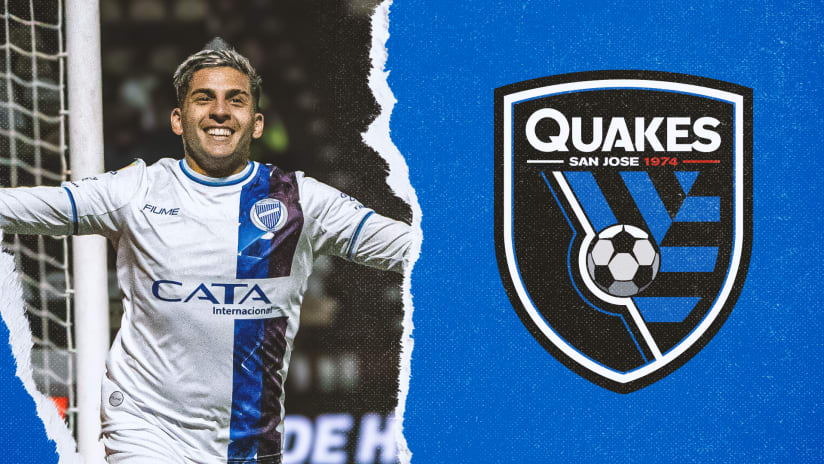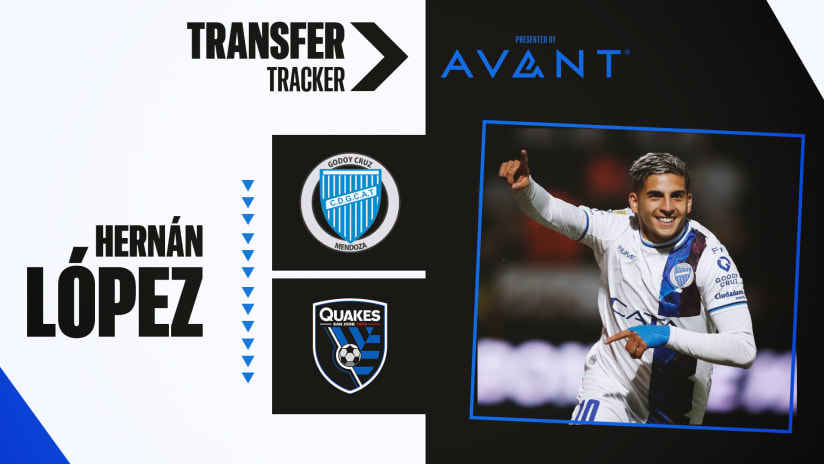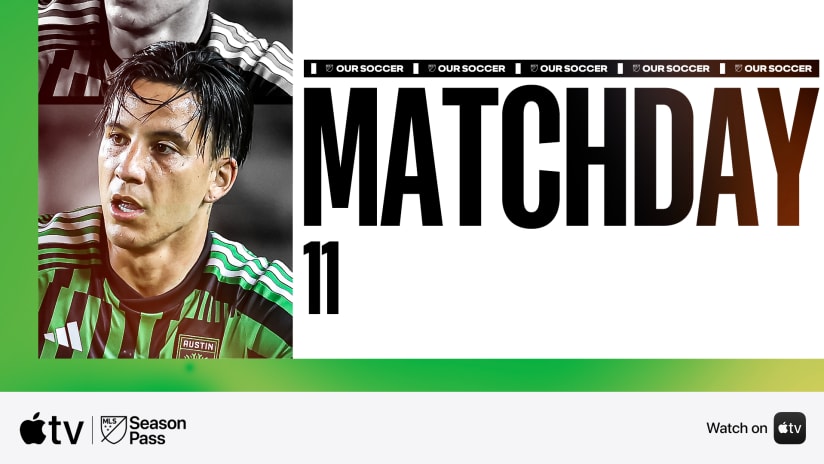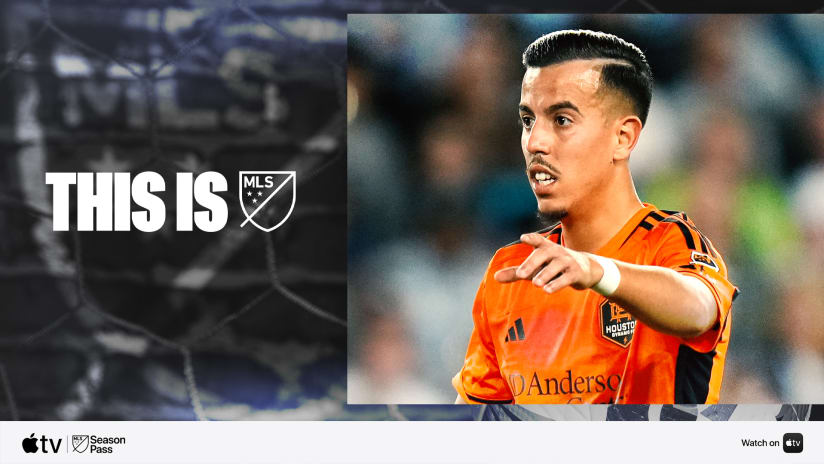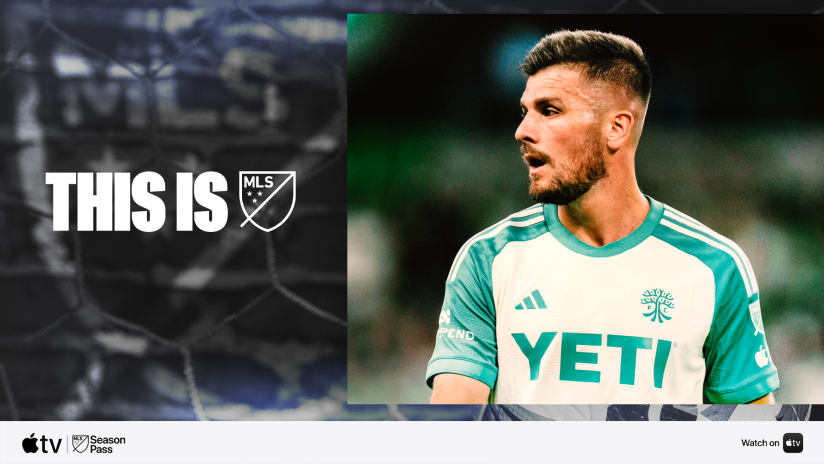FIFA has issued a number of official rules changes for the sport of soccer and these amendments and clarifications to the Laws of the Game take effect worldwide as of July 1, 2005. MLS is one of the first professional soccer leagues around the world to implement these changes. These rules changes, adopted by the International Football Association Board on February 26, were recently officially communicated to all referees by the U.S. Soccer Federation.
Among the rules to take effect beginning July 1 (first MLS games under these rules are played Saturday, July 2):
SUBSTITUTES WHO ENTER THE FIELD OF PLAY WITHOUT PERMISSION: the infringing team is penalized with an indirect free kick rather than a dropped ball as in the past.
FINALITY OF REFEREE DECISIONS: upon the termination of a match or a restart of play, a referee cannot change a decision.
PLAYERS ACTIVELY INVOLVED IN OFFSIDE PLAY: if an attacking player is in an offside position, the referee must wait until the player touches the ball or actively interferes in the play or interferes with the opponent before penalizing the player.
GAINING ADVANTAGE FROM AN OFFSIDE POSITION: a referee must stop play for offside when a player gains advantage from an offside position on any rebounds off other opposing players, the posts or the crossbar.
PLAYER'S ARMS NOT INCLUDED IN DETERMINING OFFSIDE: if a player's head, body or feet are nearer to an opponent's goal line than the ball and the last defender, a player is ruled offside. The arms are not included in this definition.
ENDANGERING THE SAFETY OF AN OPPONENT: any tackle which endangers the safety of an opponent - - regardless of the direction the tackle - - must be sanctioned as serious foul play, punishable by a red card.
PENALTY KICK INFRINGEMENTS: if a teammate of the player taking the kick enters the penalty area AND the ball does not enter the goal, the referee stops play and restarts the match with an indirect free kick to the defending team where the violation occurred.
DISCIPLINARY SANCTIONS FOLLOWING THE END OF A GAME: The referee has the authority to take disciplinary sanctions, as from the moment a player enters the field of play until that player leaves the field of play after the final whistle. When incidents happen on the field of play right after the final whistle, a card may now be shown by the referee, rather than the incident merely being reported. Incidents beyond the field of play or after the referee has left the field should be included in the match report even though a card is not shown.
DISTANCE OF DEFENDERS ON THROW-INS: all opponents must stand no less than two yards from the point at which a throw-in is taken. This behavior may result as a caution for unsporting behavior.




